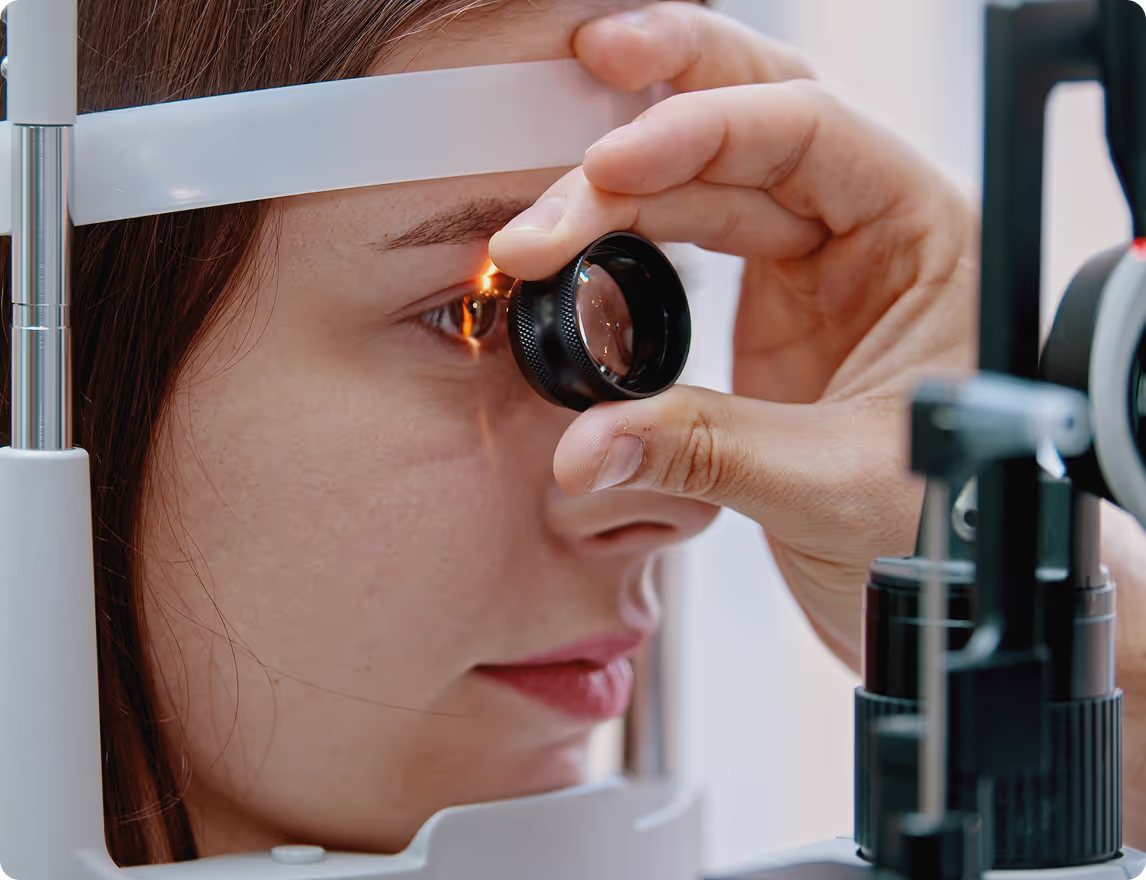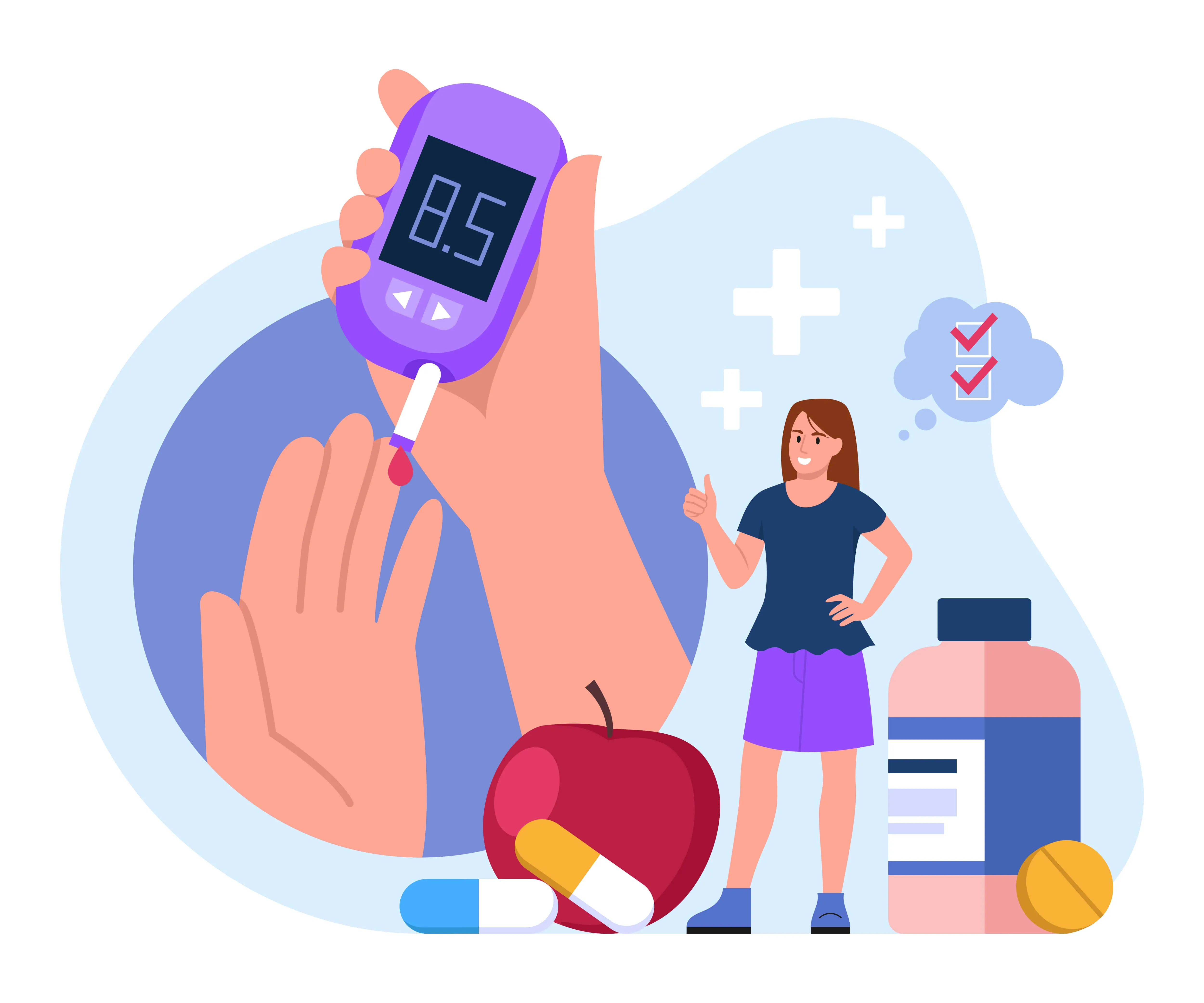Diabetic Retinal Screening
Protecting Your Vision, Protecting Your Health
If you live with diabetes, regular retinal screening is one of the most important steps you can take to safeguard your eyesight. At Eye 2 Eye, we use advanced imaging technology to detect the earliest signs of diabetic retinopathy — long before you notice any changes in your vision.
Book an Appointment


Why Retinal Screening Matters
Diabetic retinopathy occurs when high blood sugar damages the fine blood vessels at the back of your eye. Left untreated, it can lead to blurred vision, sight loss, or even blindness. The good news? With early detection and monitoring, most cases can be managed to protect your vision.
Book an Appointment
What to Expect at Your Appointment
Your screening is quick, comfortable, and typically takes 30–45 minutes:
Eye Drops for Clarity:
We’ll place gentle drops in your eyes to dilate your pupils, giving us a clear view of your retina.Specialist Imaging:
Using a high-resolution retinal camera, we capture detailed images of the back of your eye.Expert Review:
Your optometrist will examine the images carefully, explain any findings, and ensure your results are also reviewed centrally for accuracy.


How Often Do You Need Screening?
Most patients: Once a year if your diabetes is well controlled and your eyes are healthy.
Closer monitoring: If signs of retinopathy appear or your diabetes is harder to manage, we may recommend more frequent check-ups or referral to a hospital eye specialist.
Book an Appointment

Supporting Your Eye Health Every Day
Alongside regular screening, these habits help reduce your risk of retinopathy and protect your overall health:
- Keep blood sugar, blood pressure, and cholesterol under control.
- Maintain a balanced diet and active lifestyle.
- Limit alcohol intake and quit smoking.
- Stay connected with your healthcare team.
Book an Appointment
Schedule Your Appointment Today!
Easily book your appointment online with MySight, or call us to speak with our team.
Customer testimonials
Here's what people say about Eye 2 Eye Upton.